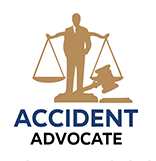Motorcycle Accidents: Navigating the Legal Road to Recovery
When you’re involved in a motorcycle crash, having a clear motorcycle accident legal guide can make all the difference. Motorcycle accidents are often far more serious than car crashes, with riders facing higher risks of injury or death due to the lack of physical protection. If you’ve been injured in a motorcycle crash, understanding your legal options is critical. This guide walks you through the challenges unique to motorcycle accidents and how to pursue compensation and justice.
Why You Need a Motorcycle Accident Legal Guide
Insurance companies often stereotype motorcyclists as reckless, which can work against you when filing a claim. Unlike car accidents, motorcycle crashes:
- Often involve more severe injuries
- Can include unique factors like road hazards or vehicle visibility
- May require specialized evidence to prove liability
These factors make it essential to work with a lawyer experienced in motorcycle injury law and familiar with legal procedures.
Common Causes of Motorcycle Accidents
Motorcycle accidents can be caused by many different factors. Common causes include:
- Distracted or inattentive drivers
- Unsafe lane changes
- Speeding or aggressive driving
- Poor road conditions or debris
- Mechanical failure
Many crashes occur because other drivers fail to notice motorcyclists in their blind spots. This failure of awareness is a frequent point of contention in legal disputes.
Legal Steps to Take After a Motorcycle Accident
If you’re involved in a motorcycle accident, take these steps immediately:
- Get medical attention – Even if injuries aren’t obvious, internal trauma is common.
- Call the police – Request an official accident report.
- Document the scene – Take photos of vehicles, injuries, road conditions, and weather.
- Collect witness information – Names and contact details can be crucial.
- Avoid speaking to the at-fault party’s insurer without legal advice
For a more detailed motorcycle accident legal guide, see the NHTSA’s motorcycle safety resources.
Understanding Comparative Fault Laws in Motorcycle Accidents
Many states use comparative fault rules, meaning if you’re partially responsible for the accident, your compensation could be reduced by your percentage of fault.
For example, if you’re found 20% at fault and awarded $100,000, you’ll receive $80,000. An attorney can help minimize your assigned fault and maximize your recovery.
Types of Compensation Available for Motorcycle Accident Victims
Depending on your injuries and the circumstances of your case, you may be entitled to:
- Medical expenses (including future treatment)
- Lost wages and reduced earning capacity
- Pain and suffering
- Emotional distress
- Property damage
- Disability or disfigurement
An experienced motorcycle accident lawyer can help estimate the full value of your claim.
The Role of a Motorcycle Accident Lawyer in Your Legal Guide
Legal representation is essential in motorcycle cases. A qualified lawyer will:
- Collect and preserve evidence
- Work with accident reconstruction experts
- Challenge insurance company biases
- Negotiate fair settlements
- Represent you in court, if needed
At AccidentAdvocate.net, we understand the legal and emotional challenges riders face. Our attorneys have a proven record of helping injured motorcyclists get the compensation they deserve.
Final Thoughts
This motorcycle accident legal guide can help you protect your rights, build a strong claim, and avoid common mistakes. Motorcycle accidents can be physically and financially devastating—but you don’t have to face the aftermath alone.
If you or a loved one has been injured in a motorcycle crash, contact us today at AccidentAdvocate.net for a free consultation and personalized legal guidance.




